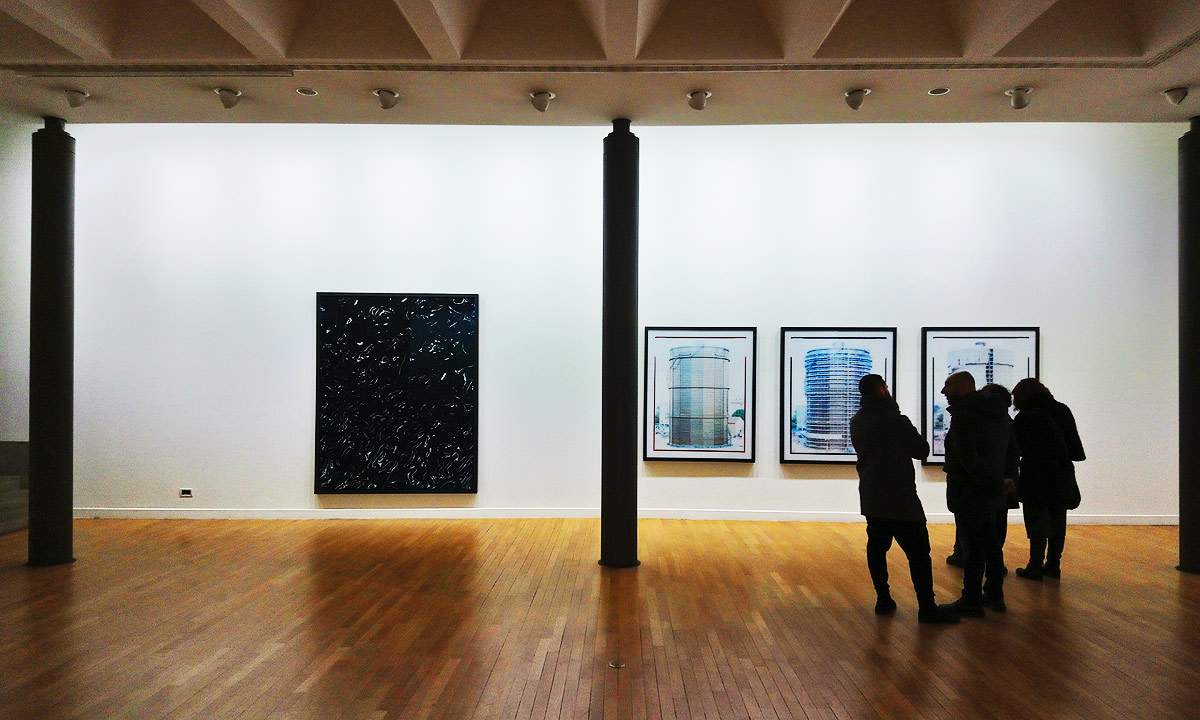The Italian section of theInternational Council of Museums(ICOM), the main international body representing museums, has rejected the new definition of “museum” developed by the ICOM Committee on the Definition, Prospects and Potential of the Museum, chaired by museologist Jette Sandahl. The new definition will be discussed for approval on Sept. 7, in Kyoto, during ICOM’s extraordinary general assembly.
ICOM Italy, reads a note, “considers the wording inadequate to define the museum, which historically has played the role of an institution dedicated to the acquisition, conservation, documentation, research, communication and exhibition of heritage objects, which are not only material and movable objects, but should be considered as testimonies of humanity and its environment. As an institution, museums are aimed at study, education, and enjoyment and are principals and actors of primary cultural and social importance in modern and contemporary societies around the world.”
On the reasons for ICOM Italy’s opposition to the new definition of a museum, it states that “the proposed definition is considered not to respond in form to the minimum criteria of a definition which, in identifying the set of elements aimed at characterizing and circumscribing an entity on a conceptual level, must be clear, brief and applicable in all the cultural and normative contexts involved.” Also according to ICOM Italy, “the new definition must reaffirm the need for the preservation of the multiplicity of humanity’s experiences and at the same time indicate a direction for development, making museums instruments for spreading the values of freedom, equality and justice.”
Criticism also for “the method by which the new definition of a museum was placed on the agenda of the ICOM Extraordinary General Assembly, failing to give due consideration to the principles of democracy underlying guaranteeing that scientific debate that has characterized ICOM from its inception to the present and that should have led to the involvement of all ICOM bodies the National and International Committees, Regional Alliances and Affiliated Organizations before its approval.”
The Italian section’s invitation to ICOM is to postpone the extraordinary general assembly in Kyoto so as to reflect longer on the new definition of a museum.
The current definition, approved at the twenty-second ICOM General Assembly held in Vienna on August 24, 2007, is this: “a museum is a permanent, non-profit institution, at the service of society, and its development, open to the public, which carries out research on the tangible and intangible evidence of man and his environment, acquires, preserves, and communicates it, and specifically exhibits it for purposes of study, education and enjoyment.”
Instead, the definition that will be discussed in Kyoto is: “Museums are democratized, inclusive and polyphonic spaces for critical dialogue about pasts and futures. Recognizing and addressing the conflicts and challenges of the present, they preserve artifacts and specimens in trust for society, safeguard diverse memories for future generations, and ensure equal rights and equal access to heritage for all people. Museums are nonprofit. They are participatory and transparent and work in active collaboration with and for diverse communities to collect, preserve, research, interpret, exhibit and enhance understanding of the world, aiming to contribute to human dignity and social justice, global equality and planetary well-being.”
 |
| ICOM Italy rejects new definition of "museum": "It is inadequate" |
Warning: the translation into English of the original Italian article was created using automatic tools. We undertake to review all articles, but we do not guarantee the total absence of inaccuracies in the translation due to the program. You can find the original by clicking on the ITA button. If you find any mistake,please contact us.